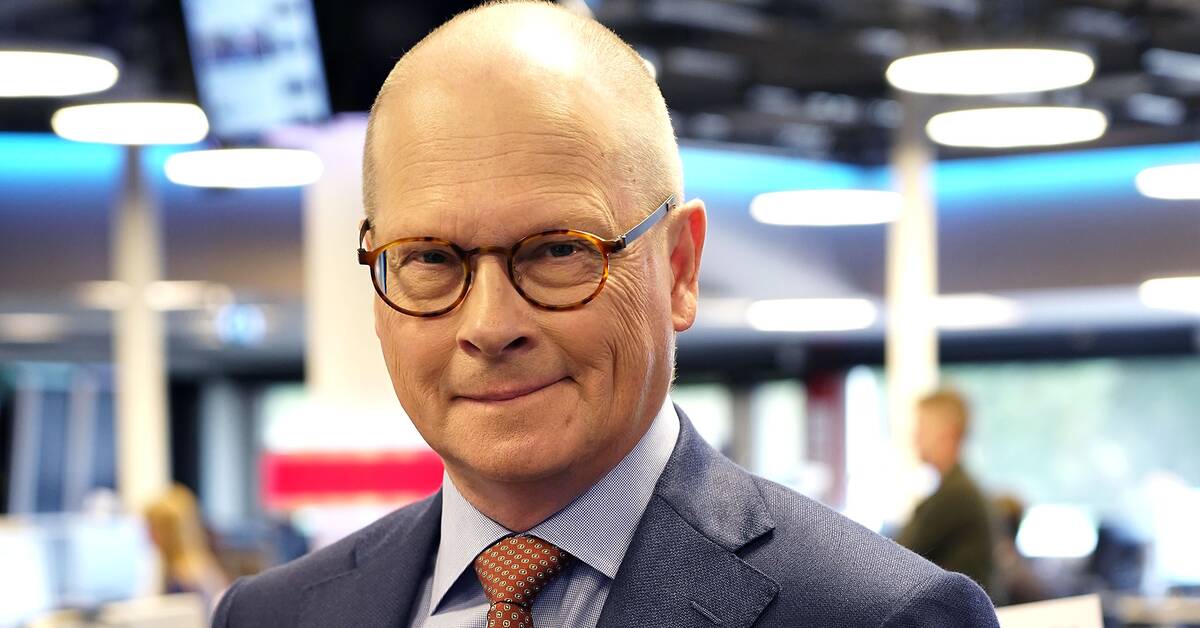Rarely has a debate in the Swedish Parliament shown such consensus as when a Swedish NATO membership was debated on Monday.
Several of the speakers in the parliamentary debate also emphasized the historical aspect of what is now happening in Sweden.
And so it is undeniably.
The government's decision on Monday marks the end of 200 years of freedom of alliance in various forms.
At the same time, Sweden is seeking membership in a defense alliance, which is fundamentally changing Swedish foreign and security policy.
The consensus in the debate was striking between several of the parties that are normally political opponents.
Prime Minister Magdalena Andersson thanked the opposition for good cooperation and especially praised the opposition leader Ulf Kristersson, who in turn expressed his appreciation for Magdalena Andersson.
KD leader Ebba Busch also took the opportunity to thank the Prime Minister.
Signal to the outside world
Later in the afternoon, after an extra government meeting, the government held a press conference and Magdalena Andersson's side was led by the moderate leader Ulf Kristersson.
Both emphasized the importance of the government and the opposition agreeing on this issue.
Regardless of who is prime minister after the election in September, the NATO process will continue.
There are also other reasons why the Prime Minister and the opposition leader announce this decision jointly.
The most important thing is that it sends a signal to the outside world that there is a broad national agreement behind a central decision in Swedish foreign and security policy.
This has previously often been given great importance in Sweden and thus also applies this time.
But there are also other reasons why the Prime Minister and the opposition leader stand side by side.
For the Moderates, it is not least about showing that they have long advocated a Swedish NATO membership and that the party has now won that battle.
They would like to put the image of having pushed the government in front of them in this direction.
For the government, it is equally important to share the responsibility with the opposition for the decision to bring Sweden into NATO.
Everyone agrees on the risks of a NATO application and any Russian countermeasures.
And there is hardly any better way to share this responsibility than for the Prime Minister to hold a press conference side by side with the opposition leader.
MP and V say no
The unity between the government and the opposition was just as evident in the parliamentary debate that preceded the government's decision.
All parliamentary parties, except the Left Party and the Green Party, are behind this important choice for Swedish foreign and security policy.
This means that there is support for a NATO application among parliamentary parties that collect 304 of 349 parliamentary seats.
Both the Left Party and the Green Party want to keep Sweden's non-aligned line and therefore say no to NATO membership.
They are both opposed to Sweden joining a defense alliance that is ultimately based on nuclear deterrence.
Both also believe that freedom of alliance is a prerequisite for Sweden to continue to be able to pursue an independent foreign policy.
However, Monday's parliamentary debate showed that the Green Party is prepared to put down its NATO resistance after the election if there is still a majority for a membership.

